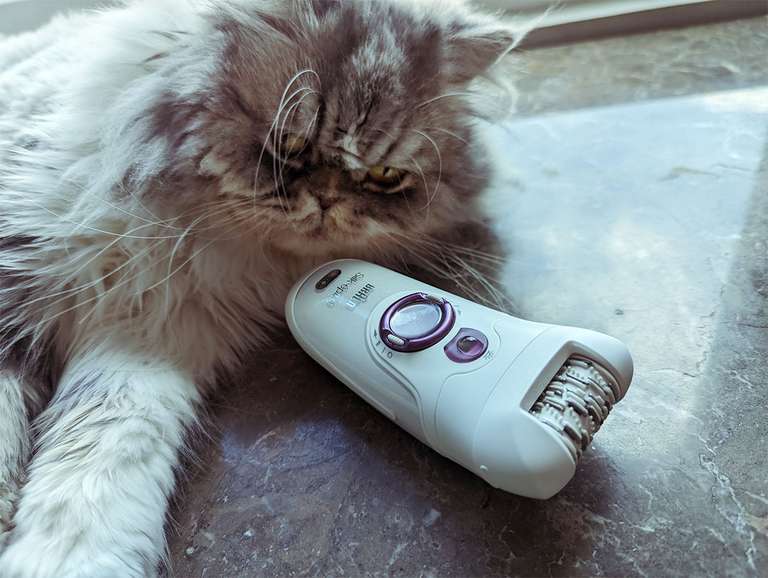Does an Epilator Reduce Hair Growth? If You Epilate on a Regular Basis Is It Permanent?
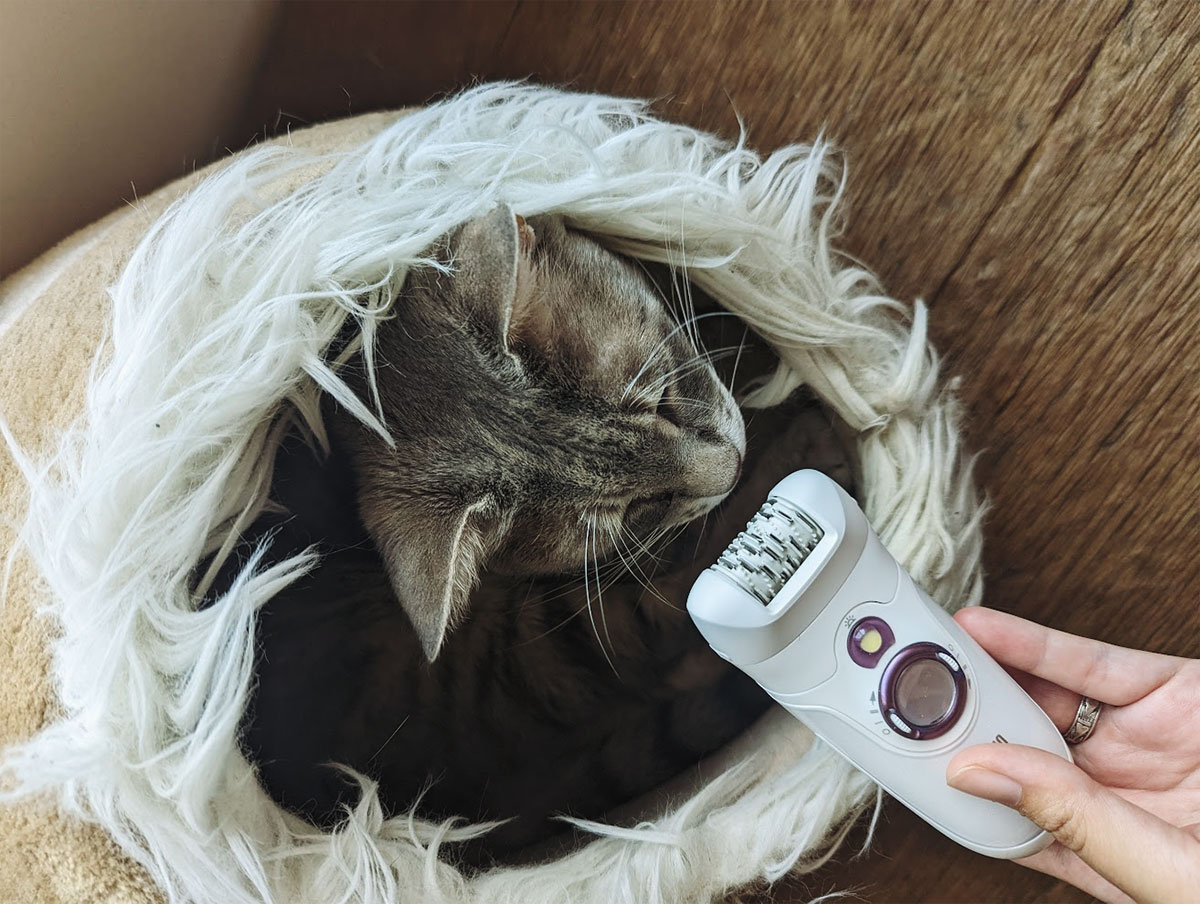
Alright I'm here to tell you cold hard facts, not just what you want to hear, so in terms of cold hard facts:
Electrolysis epilation - which is not the type of epilation we mean when we talk about epilating at home, that's tweezer epilation - is the only form of hair removal that's approved as permanent hair removal by the FDA and American Medical Association.
That means that laser hair removal, waxing, IPL (Intense Pulsed Light) hair removal, and all sorts of other things you think of as permanent, long-term solutions to hair removal are not FDA approved methods of permanent hair removal.
So when it comes down to cold hard facts alone, the only answer that truly counts insofar as epilating and reduced hair growth over time is: we don't know for certain.
It could be, it could not be.
But here come the anecdotes and theories...
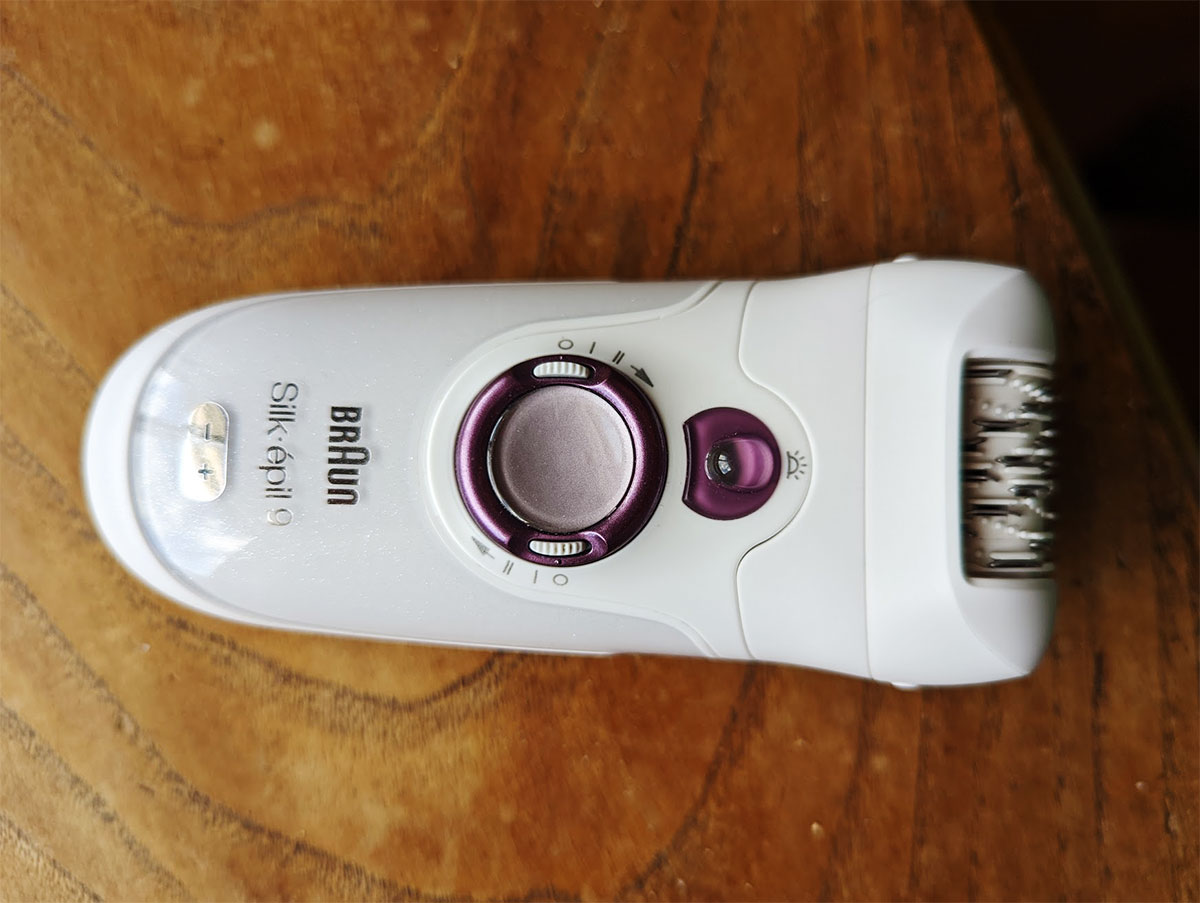
Most people who epilate for extended period of time claim they see far, far fewer hairs over their years upon years of epilating.
Most claim that the hairs that grow back are much finer than the hairs that were originally there.
It's certainly possible that this is true. In fact it would make a lot of sense if it were.
When you're consistently pulling out hair from the roots, from their follicles, there's certainly a good chance you're damaging the follicle in the process.
And if you damage a follicle enough it would make sense that the hairs that come back from that follicle would be finer, or that you could even damage the follicle enough that it wouldn't produce any hairs from it over time and with repeated damage to it.
Does that mean this is true for sure? Absolutely not.
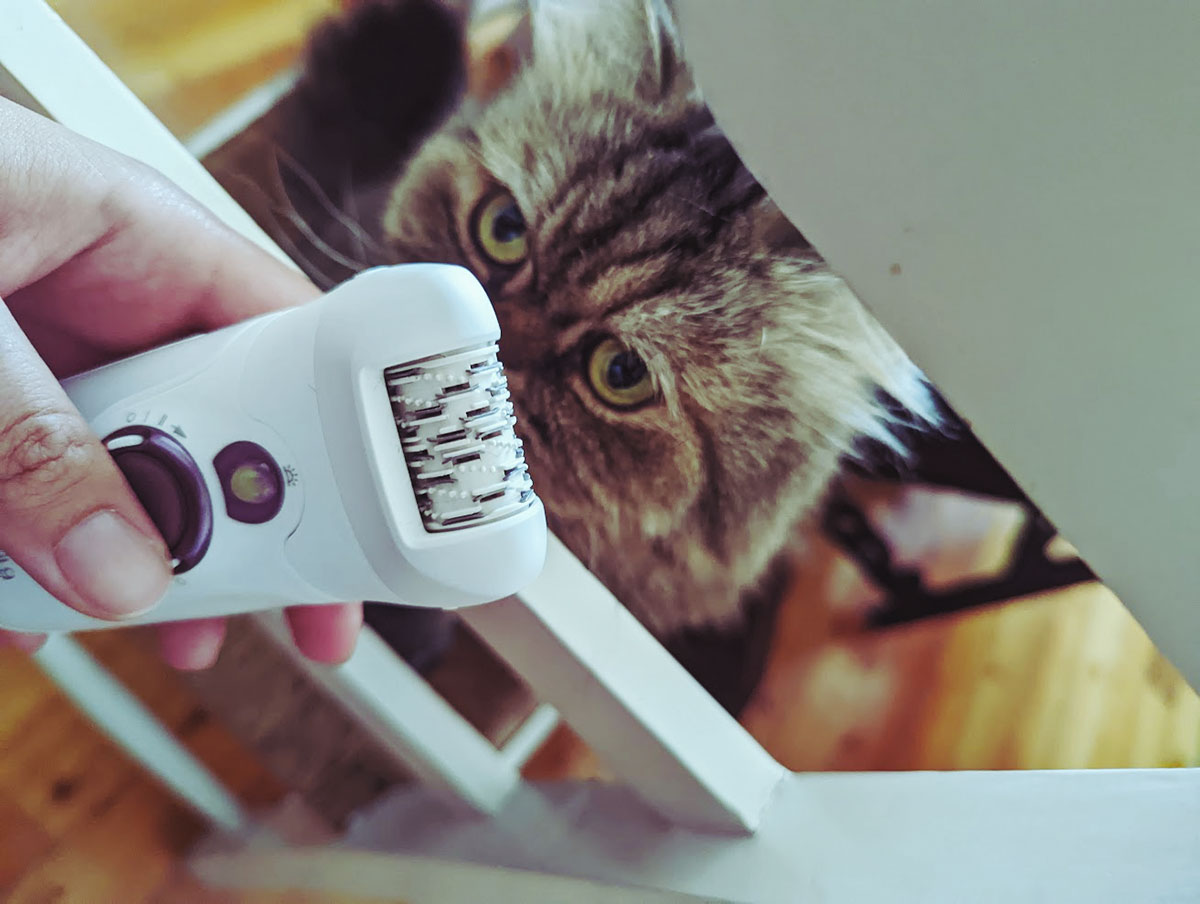
There is no evidence that epilating over time reduces hair growth or causes hair follicles to die or that hair follicles would be damaged thus leading to finer hair or no hair growing from that follicle again.
But this may be because it hasn't been adequately studied yet.
It may be that it's true and we just haven't had enough people in the scientific community interested in following individuals who epilate long enough to prove it's true.
Or it may be that it's not true and there's actually no reduced hair growth, it just feels like there's less hair growing back to people over time, when really it's the same amount of hair at the same thickness, and people who epilate over time just feel like there's less for some other reason.
What other reason could explain why epilating feels like it leads to reduced hair growth over time?

Maybe people who epilate for a long time end up epilating often enough that the hair doesn't have a chance to grow back to the same extent that it used to be at.
Or maybe the pain they felt from epilating at the start is reduced so much that it seems they have less hair or that their hairs are finer.
Hair doesn't all grow in at once, it has cycles where it grows, maybe they're just epilating so often the hair doesn't have a chance to catch up and fill in, but if they left it alone for years then it would?
Who knows, either way, epilating rocks and I can't imagine using another form of hair removal anymore.
It hurts so much less now for me than when I first started, and I haven't been epilating for very long (if you're just starting or struggle with pain from epilation check out my pain reduction tips here).
It's way easier for me than waxing, and has a lot of other benefits over waxing make epilating much better than waxing in my eyes.
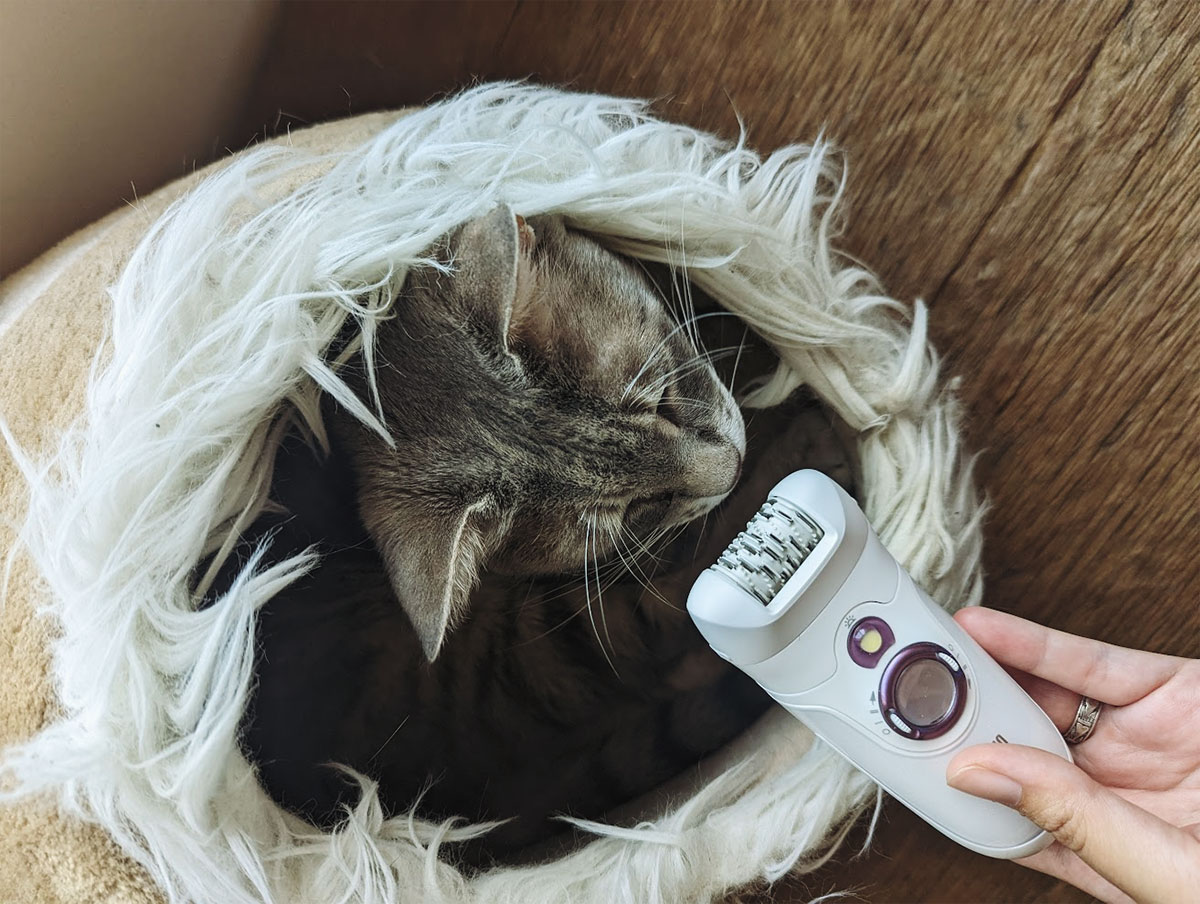
So whether it actually factually leads to reduced hair growth over time and scientists just haven't done enough studies to definitively say so, or if those who have epilated for a long time just feel like they have significantly reduced hair growth over time, I don't care.
Both are completely fine by me, and I'm looking forward to being a part of the camp of people who feels like epilating over time has led to reduced hair growth.

